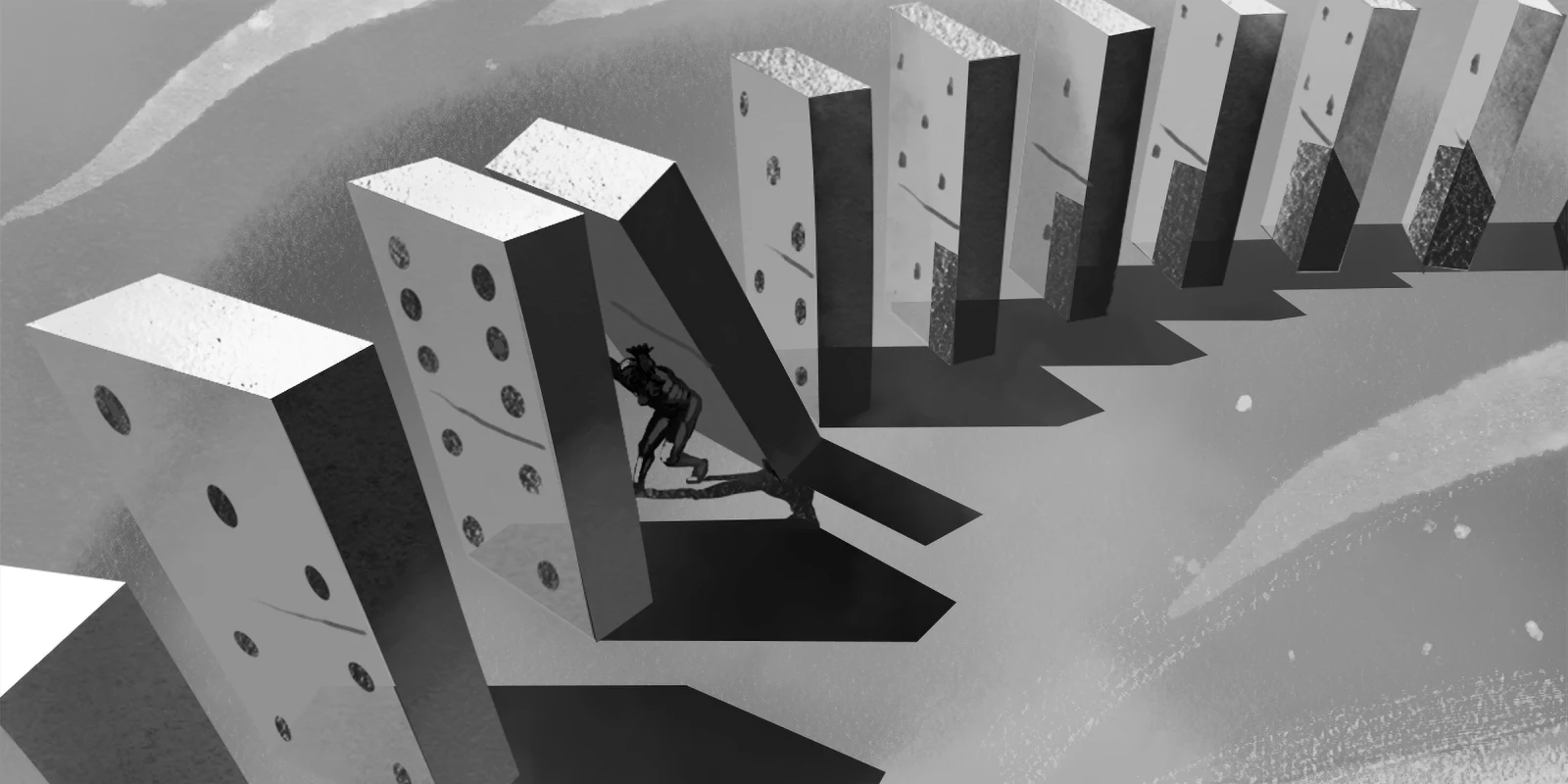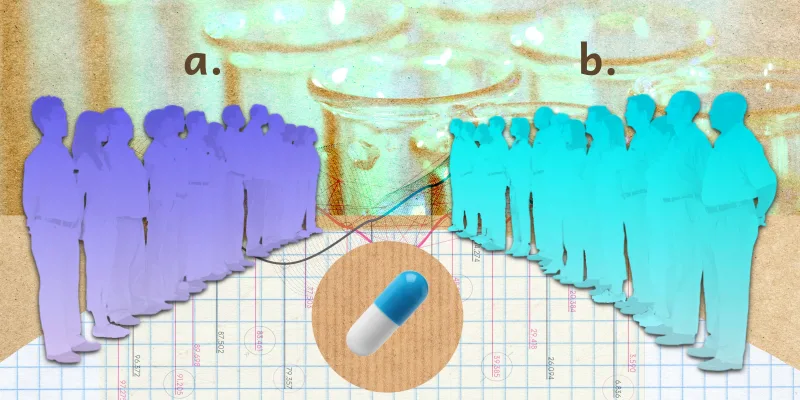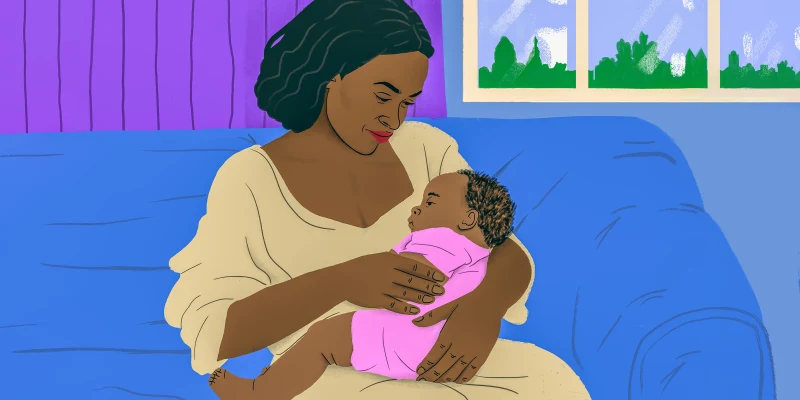In medicine, the pursuit of excellence is not merely clinical but deeply moral, ethical, and even legal. We are entrusted with a profound responsibility. This trust can be compromised easily and unintentionally by both overt errors and subtle lapses in oversight. My personal journey has taught me that true professional growth often demands facing one’s shortcomings head-on, but also to caution myself from a system that is inherently designed to be my antagonist. I accept my mistakes. But I’ve learned that the boards and agencies that judge us are not here to support growth — they are punitive by design.
My story begins in 2013. After completing my family medicine residency, I acquired a private practice and was directly providing what I, sincerely and to this day, feel was good clinical care. I became busy and built a name in the community among colleagues and patients. By 2016, it struck me that there were only so many hours I could put in and patients I could see, so I opted to collaborate with a PA referred to me by his wife (a general surgeon at the hospital where I rounded). We established a relationship, drew up a contract, and began working together. Within a few months, I noticed a lack of documentation in relation to controlled substance prescriptions. When the irregularities became more apparent and consistent, I severed our professional relationship. He continued to use my name to prescribe elsewhere, but I would not authorize his prescriptions.
By February 2017, the PA was arrested and charged with a litany of criminal behaviors, one being illegally prescribing and selling controlled substances. Shortly after his arrest, which I was not aware of, I was blindsided with a task force composed of local police, the DEA, the DOJ, and the Medical Board with a warrant to search my office. Three investigators sat me down, placed a recorder on the table, and started asking questions. I answered every question honestly and was forthcoming, even to the point of shooting myself in the foot (retrospectively identified as that). Toward the beginning, I had the sense of asking if I needed a lawyer, to which one of the investigators commented that I was not in handcuffs, so it was up to me. I ignorantly dismissed the notion of an attorney. It was a clever tactic, giving me a sense of power in a situation where I had no power, was completely vulnerable, and had no understanding of the implications. Present me with a medical emergency and 9/10 times I would be comfortable handling it, but this was outside of my training. So instead of pushing back and thinking coherently, I collapsed to a rambling fool, giving them my license on a silver platter.
This interrogation disguised as a recorded conversation lasted about two hours. During which time, I outlined my relationship with the PA, our agreement, that I was authorizing his scripts without documentation for a few months, that I severed our relationship a few months ago because he wasn’t providing requested documentation, and that I didn’t report to anyone this suspicious behavior as I did not consider he was selling them. I even gave them my phone to take pictures of texts between us, where I would ask about scripts and he would affirm they were legitimate, followed by a request to get documentation.
I later learned that the investigation into his activities had been ongoing for several months (nearly six) prior to the arrest. Authorities knew I wasn’t criminally involved. But I wasn’t warned or contacted for months, and ultimately, I was punished for things better communication might have prevented.
In 2019, an accusation against me led to probation for inadequate supervision in 2021. In addition to failing to identify and intervene sooner, I also failed to report the situation to the appropriate authorities. There is an unfortunate irony here: In many circles and in most of our youths, “whistleblowing” and “snitching” are seen as betrayal and disloyalty, resulting in stitches, at the least. In medicine, reporting wrongdoing is a duty — but one we rarely teach. How many medical students and residents are taught to rat out their colleagues if they made a mistake? However, I accept this was more than a simple mistake and should have been reported.
By 2021, when the order for probation was placed, I had been practicing for about seven years, during which time I had developed and maintained a good reputation among my peers, the hospital, skilled nursing facilities, and the community. Most reasonable people understood that I had made a mistake and had worked hard to rectify it even before the probation had been placed. Some did not see that perspective. Insurance agencies pushed back a little, but with a few informal and formal meetings, I remained credentialed with 95% of them. Overall, my practice did not change, except I saw more patients. I continued to be involved with the hospital quality committee for a term of six years and was elected twice as vice chair of family medicine for a total of four years.
As per the terms of the probation, I was required to do some CME for medical ethics and best practices for prescribers, which, in my opinion, should be a requirement for anyone leaving residency. I was required to have quarterly meetings with probation inspectors, who were genuinely nice people just doing their job and often trying to help me get through this process, but in the end, they were just cogs in the board’s wheel grinding physicians down. There were also monthly meetings with a program monitoring provider, who would critique seven charts a month. In total, it was all immensely helpful. I saw an improvement in my documentation, learned how to delineate and navigate fine ethical matters, and, most importantly, how to avoid a comparable situation.
Today, my clinical approach is markedly different. Boundaries are clearer. Prescribing practices are more conservative and transparent. I prioritize critical oversight over convenience and complacency. The decision by the Medical Board in October 2024 to grant an early termination of my probation was not simply an administrative closure. It was a recognition of the meaningful changes I had embraced. Changes that have made me a better physician and a more resilient human being. I was ecstatic when the decision was made. I could finally move on with the lessons learned and not feel like a professional leper. Of course, that feeling was short lived, as I learned there would always be this label of disciplinary action. I will always be a professional leper in the eyes of most entities.
Soon after the decision to terminate probation early, I began to apply for other licenses to move to a different state for a fresh start and hopefully put my MBA to use in a health care system. Though this was not financially necessary, I wanted to challenge myself with the next professional rung and was optimistic now that probation was lifted. I applied for two medical licenses and a variety of positions. Understandably, there were not too many slam dunks but a few nibbles followed by interviews. These often went phenomenally with positive feedback and confirmation of my candidacy. But shortly after the credentialing process starts, I get shot down because of prior disciplinary actions, even though I have been rehabilitated and the issue has been resolved. I have still been searching for a position for the past six months.
Despite early termination of probation, I’m still treated as tainted. What I am left with is the letter ‘A’ that I must wear around my neck, in shame, for the rest of my career as a physician. I made a serious mistake, was punished, fixed the fault and the potential causes, and even improved as a physician as well as a person. But the professional world will only see the label the board has enforced. Ultimately, I deserve it.
The lessons I carry forward, and the message I hope resonates with readers, are the following:
1) True professionalism is not defined by the absence of mistakes, but by the willingness to confront them with humility and resolve. Growth demands discomfort. Accountability is vital, but remember it is punitive despite serving as a catalyst for positive transformation.
2) In most professional fields, the stakes are too high to permit silent errors to fester. Let even painful experiences deepen our vigilance and compassion for others, if not ourselves.
3) Do not be surprised by lack of support, understanding, or empathy from faceless organizations that oversee your profession or the legal system; even some colleagues will have a similar attitude. Camaraderie among comrades holds true most of the time, but do not expect it from a comrade in a position of power.
4) Though snitches get stitches, they often stay out of trouble, and eventually it hurts less to be beaten up than to be negatively labeled and punished by your governing body. So, when in doubt, report it.
Have you ever faced professional fallout after doing the right thing or not acting soon enough? Share in the comments.
Illustration by Jennifer Bogartz





